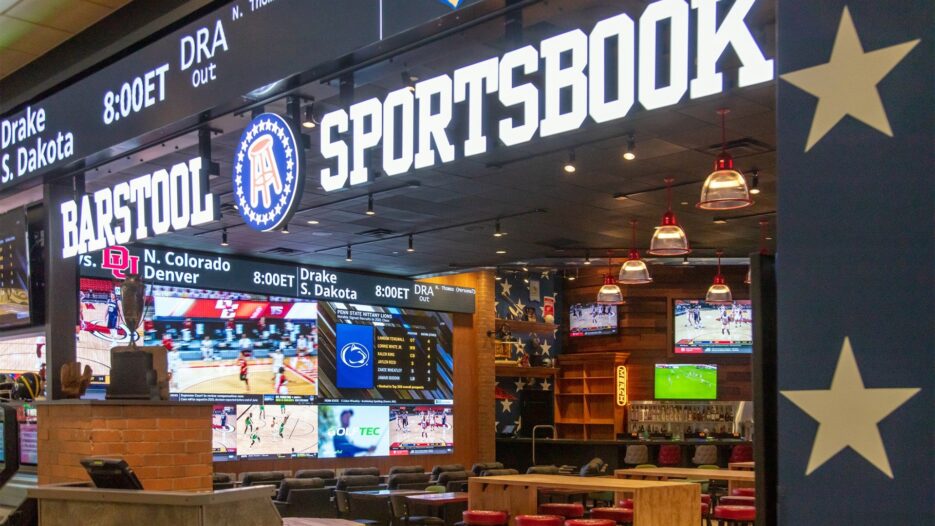
Several states are set to launch legal retail sports betting in the next few years. These markets will be shaped by various stakeholders. These include state and federal lawmakers, sports leagues, casinos and Native American entities. It is hoped that these new market laws will lead to a robust and safe betting experience for consumers. However, there are still issues with how these states will roll out. Depending on the law, the number of sportsbooks allowed in-person and online will vary. This will also depend on the tax rates.
In the last few years, more and more states have passed laws to legalize sports gambling, and some of these states have made great progress. Some have even launched their operations. Until this time, Nevada was considered to be the only legal US sports betting option. However, with the passing of SB 154, two tribal casinos in North Carolina were legally authorized to offer sports betting. This change has been accompanied by serious rollout issues.
In Louisiana, voters approved sports betting in a November 2020 ballot. The lottery will also launch retail sports betting kiosks in bars and restaurants in the state’s 56 parishes in December 2021. This is expected to contribute to the state’s revenue. The online market will be regulated by the state’s Gaming Division. It is anticipated that the impact on larger population centers will be minimal.
In Maryland, the state’s in-person sportsbooks will launch in the Baltimore area in December 2021. This will be followed by the launch of three “master online licenses” that will eventually be offered to stand-alone mobile and online sportsbooks. In addition, a new gaming compact with the state’s tribes will allow for online sportsbooks. In addition, the state’s two casinos recently finished construction and will begin launching sportsbooks.
In Vermont, a bill will be introduced this year to authorize sports betting. The legislature expects to generate up to $500 million in revenue each year, and they will work to broker a compromise. Currently, the state’s two tribal casinos are not permitted to place in-game prop bets. These restrictions do not extend to the college teams in the state.
In Massachusetts, a bill to legalize online sports betting is in the works. In fact, the state’s governor, Charlie Baker, has 10 days to pass the legislation. The new law will require the state’s sportsbooks to keep 10% of all bets. This is a lower overhead option than operating in an illegal environment. This will be an opportunity for operators to gain a head start.
Iowa was the first state to legalize online sports betting. DraftKings, PointsBet, and BetMGM are among the live operators in the state. In January of 2021, the state will launch its mobile sports betting application. This will allow mobile users to register on the sportsbook app from anywhere in the state.
While the federal government has enforced the PASPA ban on sports betting for four years, it has been encouraging to see more states stepping forward with sports betting. While the number of regulated sports markets is not homogeneous, the overall gaming market has experienced consolidation and safety improvements. As more states move forward with sports betting, more competition will emerge.









